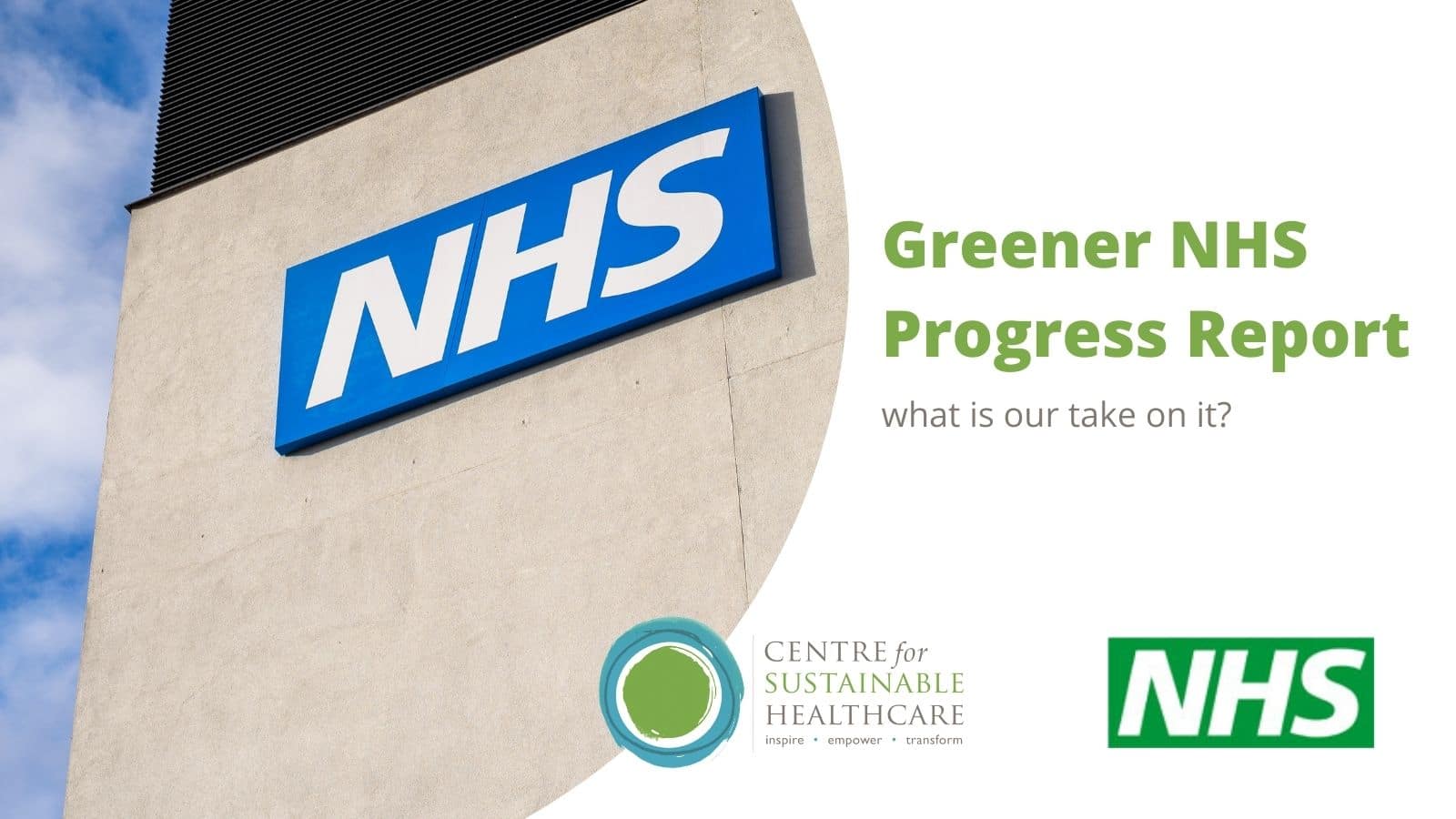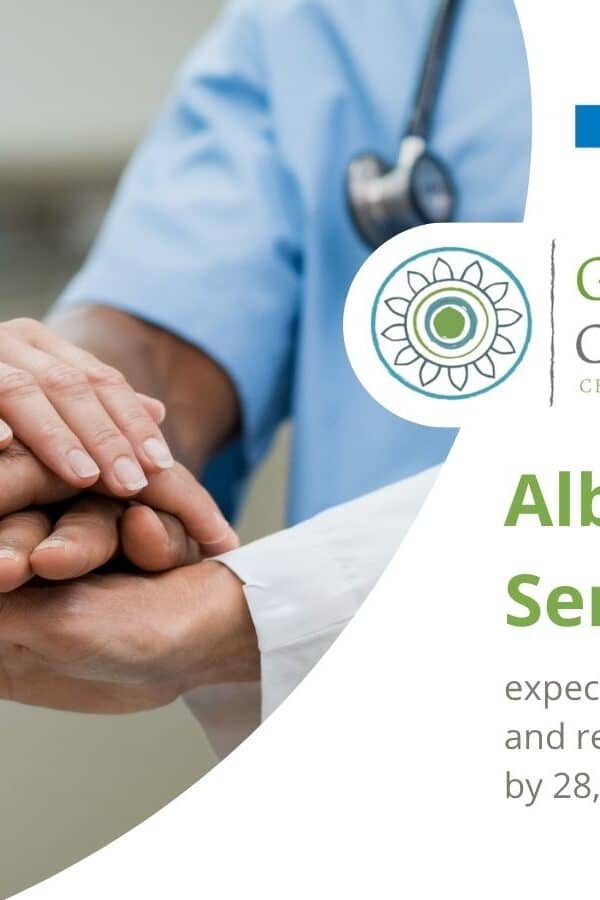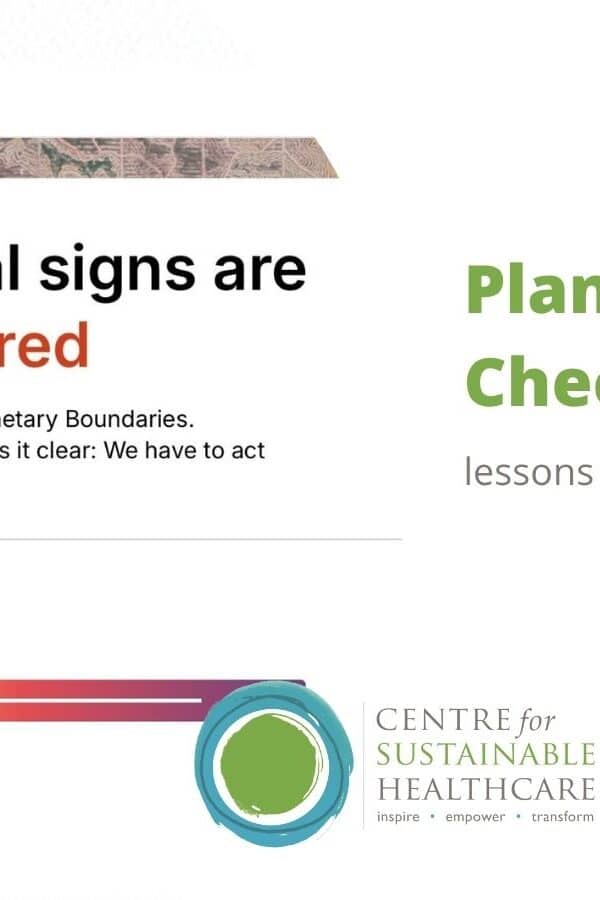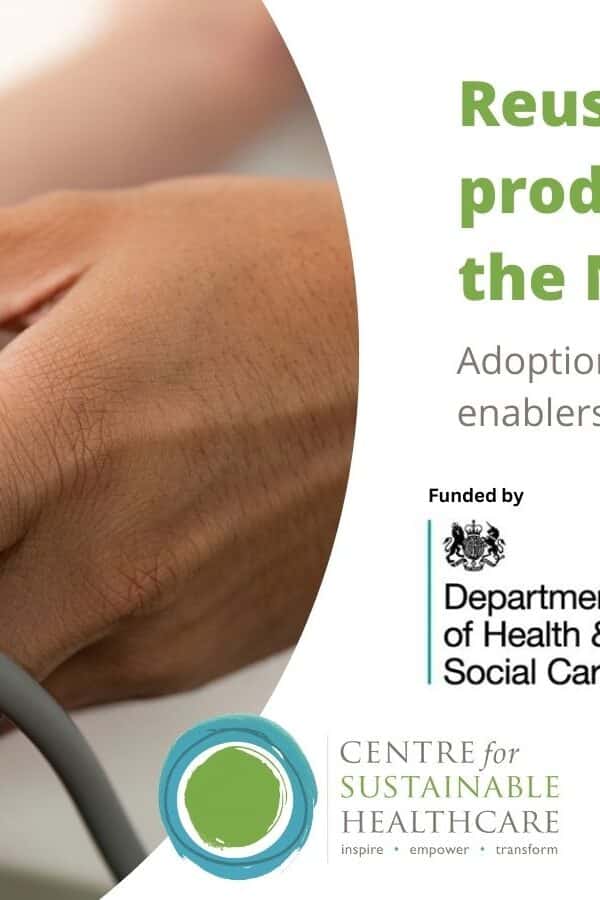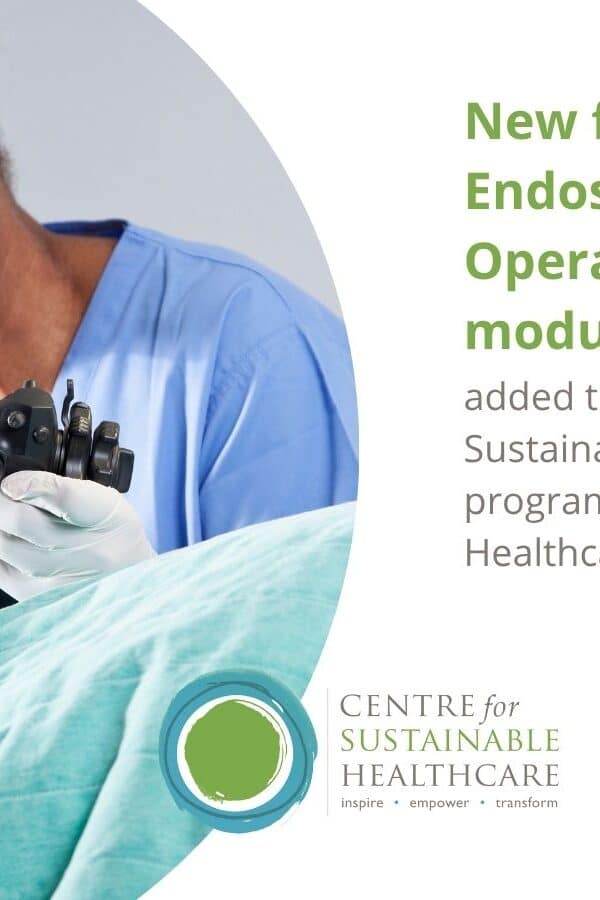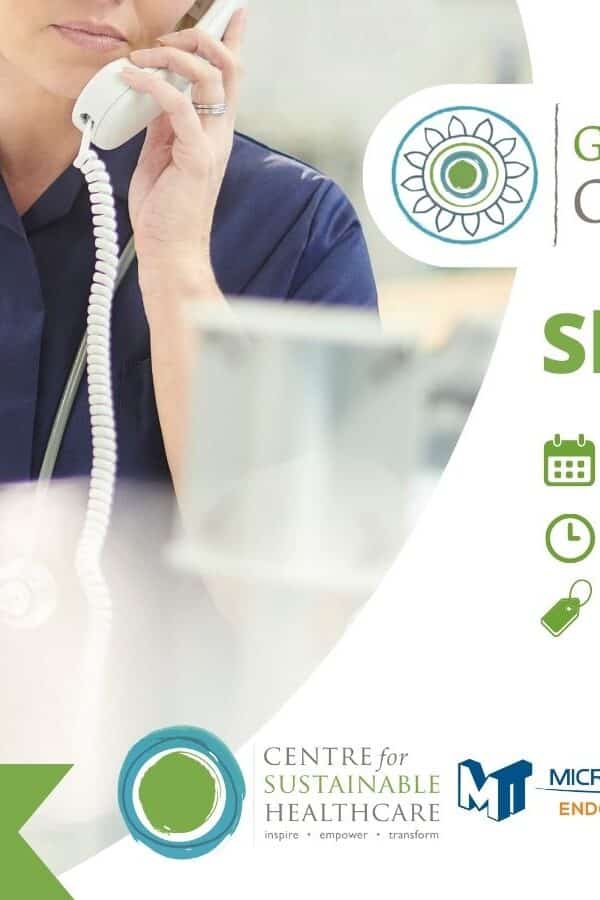The NHS has published its five-year progress report on the journey towards net zero, marking an important moment for reflection and forward planning. Chris Naylor, Senior Fellow at The King’s Fund and CSH’s Policy Lead, contributed to the work of the NHS Net Zero Expert Panel that informed this report.
Progress
The report shows how far the NHS has come in five years, achieving a 14% reduction in direct carbon emissions since 2019. This is a great achievement in such a complex system, and deserves recognition.
The biggest gains have come from reducing harmful gases used in healthcare, such as anaesthetic agents and inhalers, which together have seen a 33% reduction in emissions. Importantly, this shift has not only delivered environmental benefits but also financial ones: for example, improved nitrous oxide management is forecast to save the NHS up to £4.5 million every year.

“CSH congratulates the hard work of all those contributing to a 14% reduction in direct carbon emissions over the past five years. The big reduction in clinical-based emissions shows the importance of engaging healthcare professionals in taking action for sustainability.”
Rachel Stancliffe, Founder and CEO Centre for Sustainable Healthcare
The report also highlights improvements in carbon footprinting methodology. The NHS is now relying less on broad “spend-based” assumptions and instead drawing on NHS-specific, bottom-up data, providing a more accurate and granular picture. This is already helping to identify clearer priorities for action.
Challenges
While overall progress is encouraging, the report makes it clear that not all areas are advancing at the same pace. Significant reductions in emissions have been achieved in some clinical practices and estates, but transport and the supply chain remain major challenges.
The report is also stronger on mitigation than adaptation. As Rachel Stancliffe and colleagues at CSH often stress, we must not only reduce emissions but also prepare the healthcare system for the realities of climate change which are already having an effect. Creating a resilient, sustainable healthcare system fit for the future means also focusing on resilience and adaptation.
Another area where further progress is needed is the supply chain. While local NHS organisations are working hard, many face challenges they cannot solve alone — particularly around the overconsumption of single-use products. This is an area where stronger national leadership will be essential if the next stage of progress is to be achieved.
Looking to the future
The NHS is currently on track to meet its interim target of an 80% reduction in emissions by 2032, but maintaining this momentum will require determined leadership, sustained investment, and action across all parts of the system.
At the same time, there are important opportunities to align the Net Zero agenda with broader sustainability and health goals.

“It’s disappointing to see no mention of nature or biodiversity in the report. We know nature plays a huge role in prevention, recovery and staff wellbeing — yet the dots are not being joined here.”
Sarah Jordan, Green Space for Health Programme Director Centre for Sustainable Healthcare
While it is right that this report focuses specifically on Net Zero, the NHS also needs to consider the health benefits of nature and biodiversity and the role it can play in supporting them. Greener estates and accessible green spaces can boost staff morale, speed recovery times and reduce demand for interventions, all of which contribute to sustainability.
Transport, too, remains an area where progress has been slow. Better planning and investment could help cut emissions while also improving equity of access for patients and staff.
The next phase must be to continue to work on harder-to-reach areas such as supply chains and transport, whilst looking at the gains to be made from embedding a broader approach to sustainability including adaptation and the role of nature. CSH will continue to support the great work of the NHS in all these efforts.

